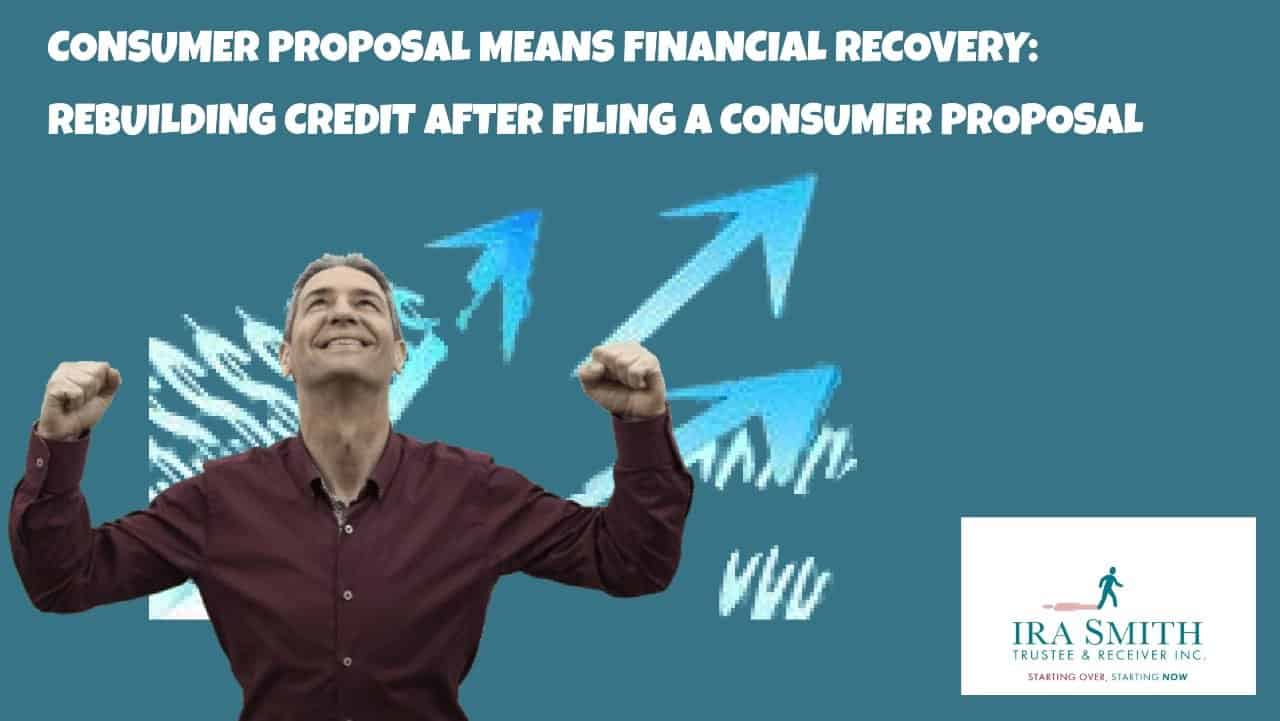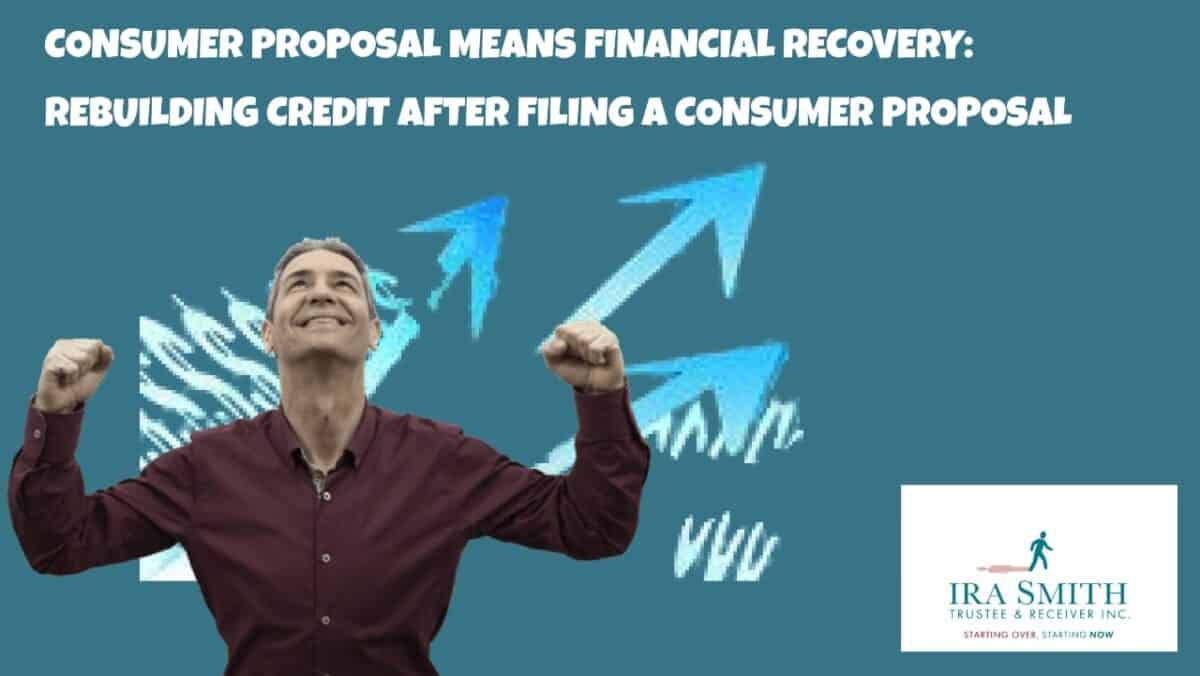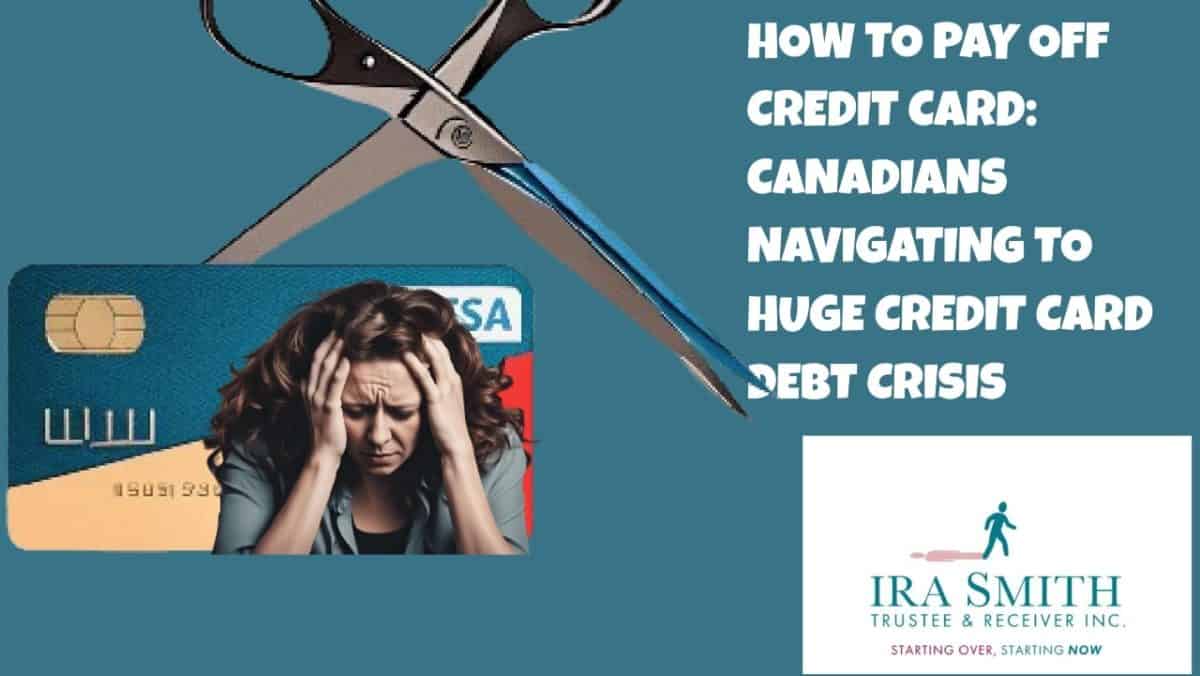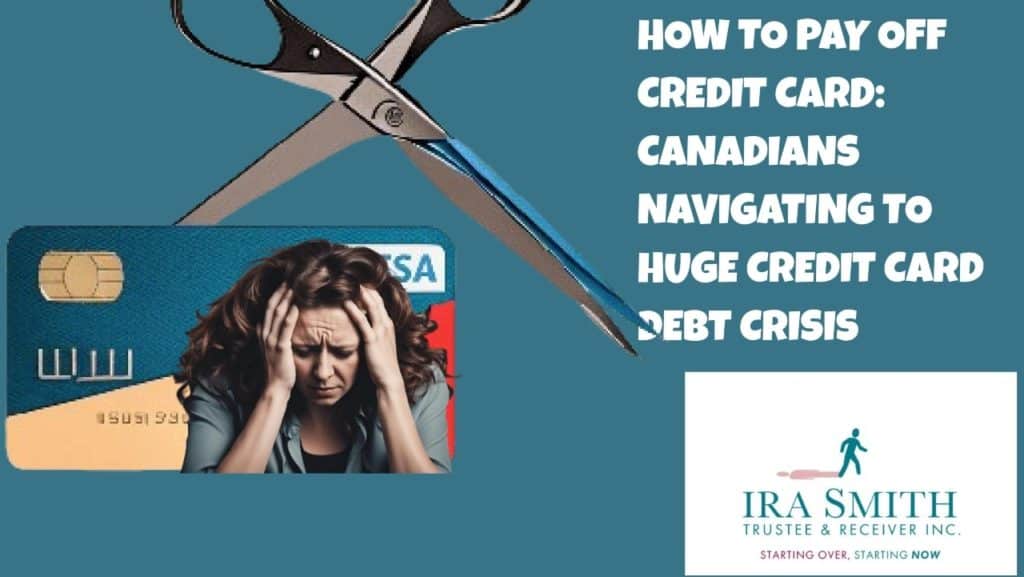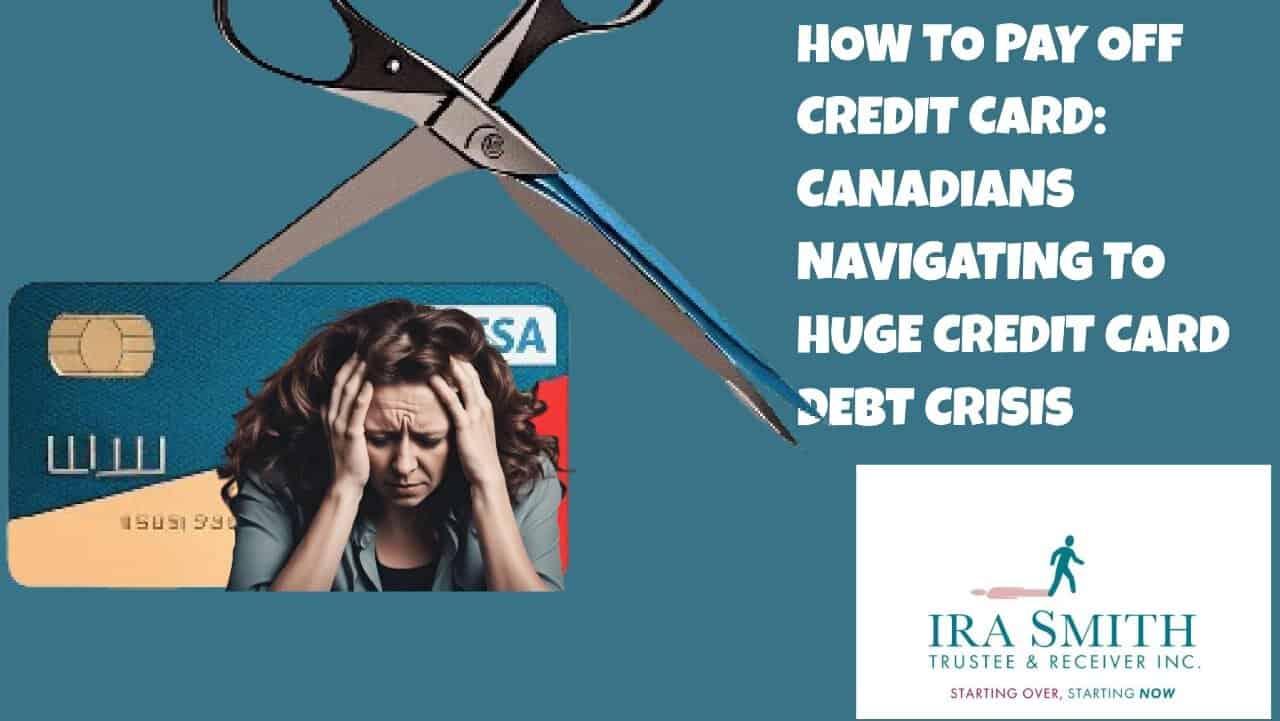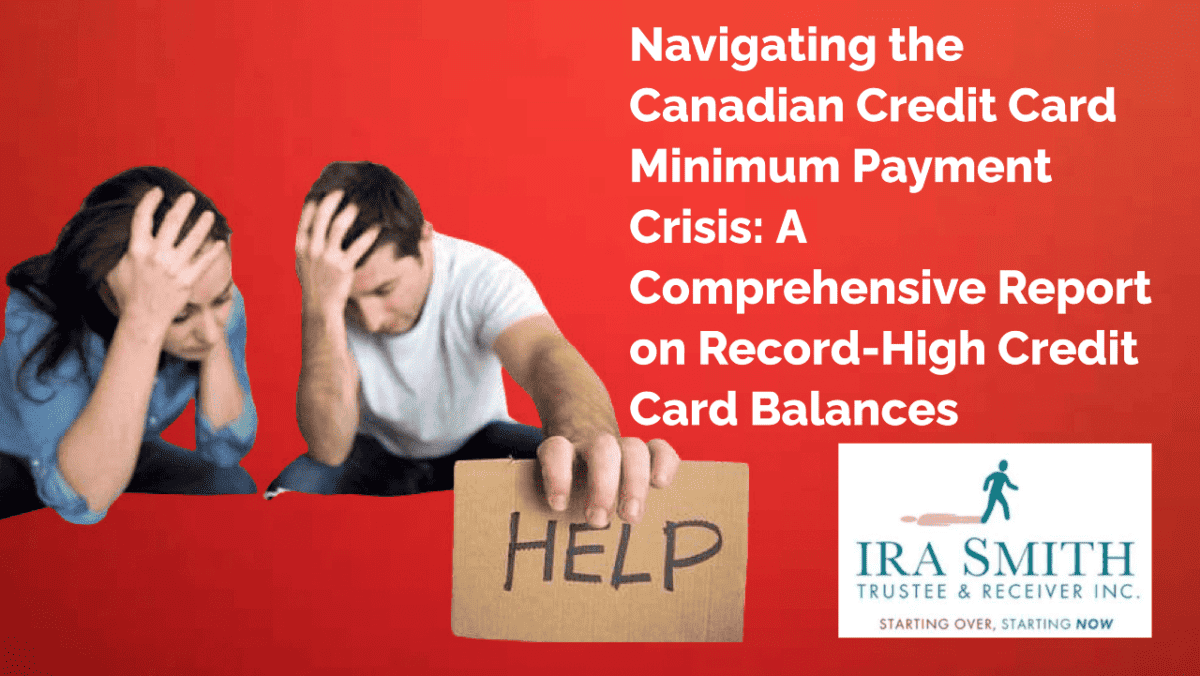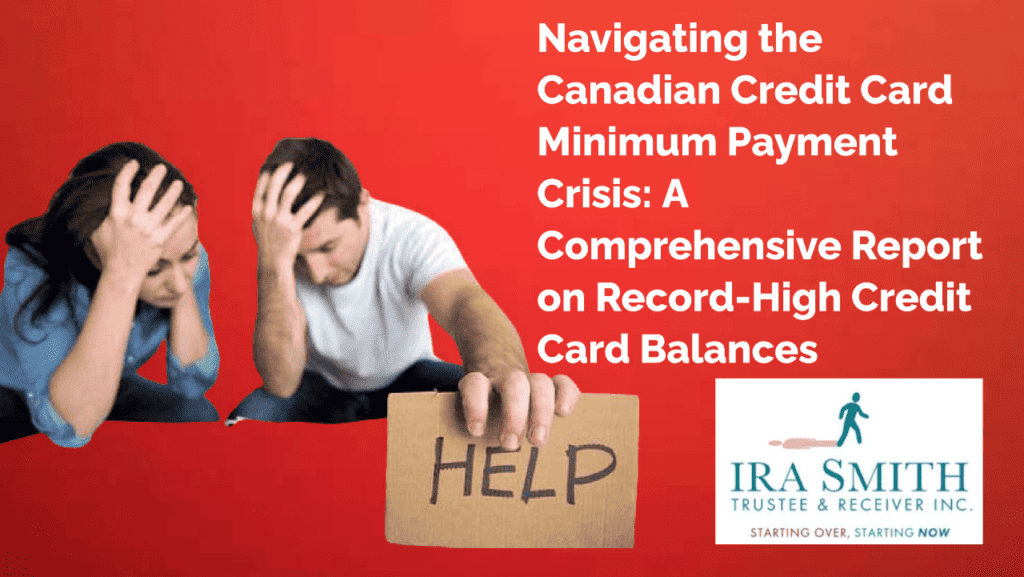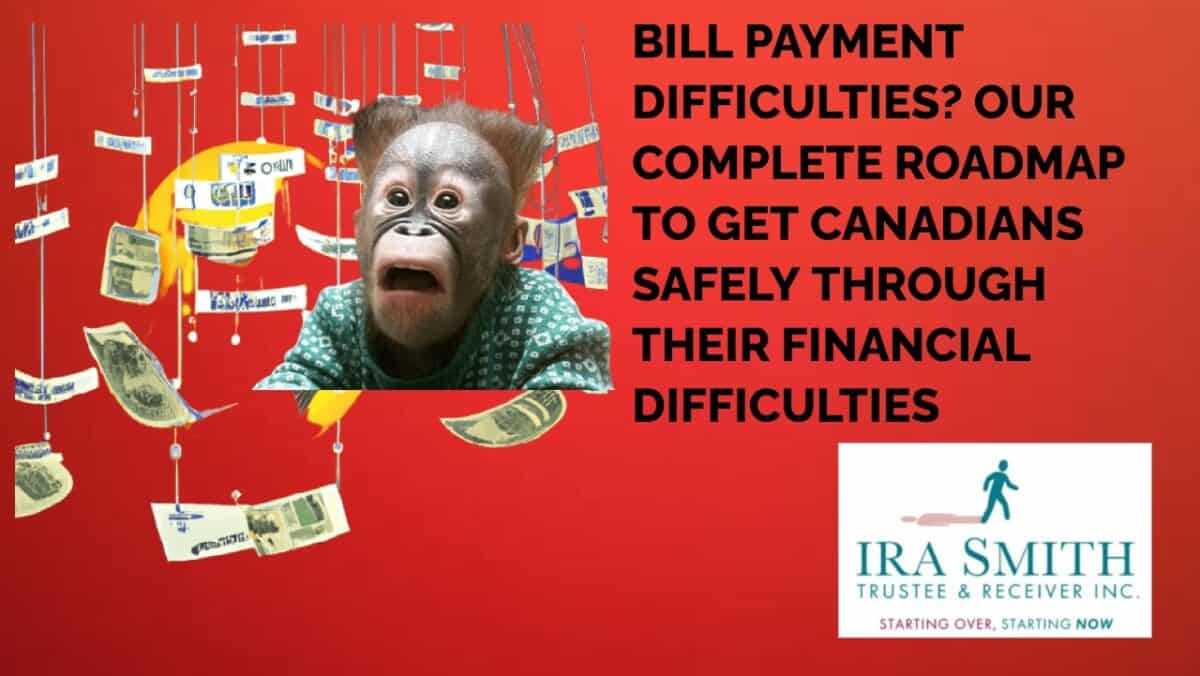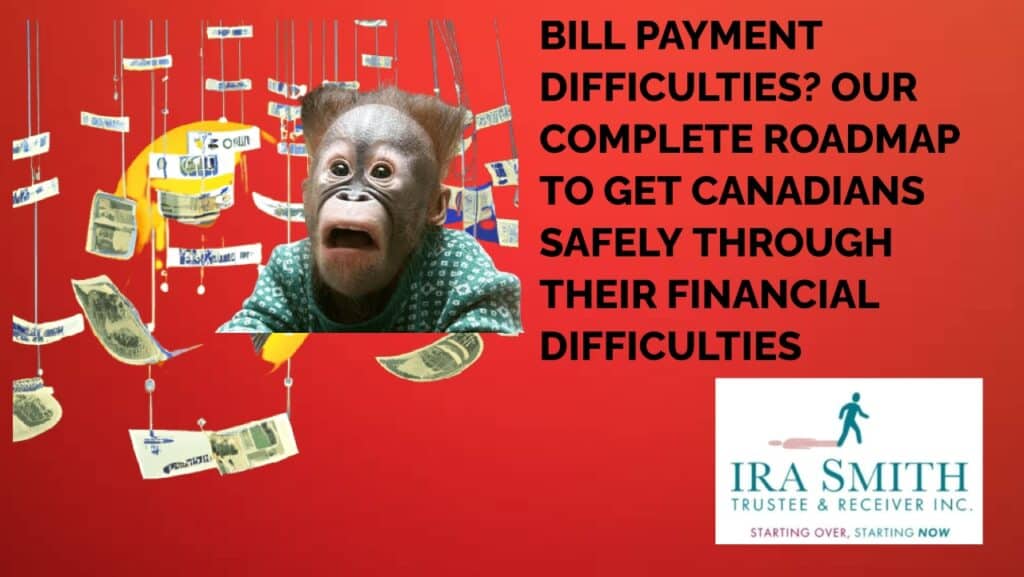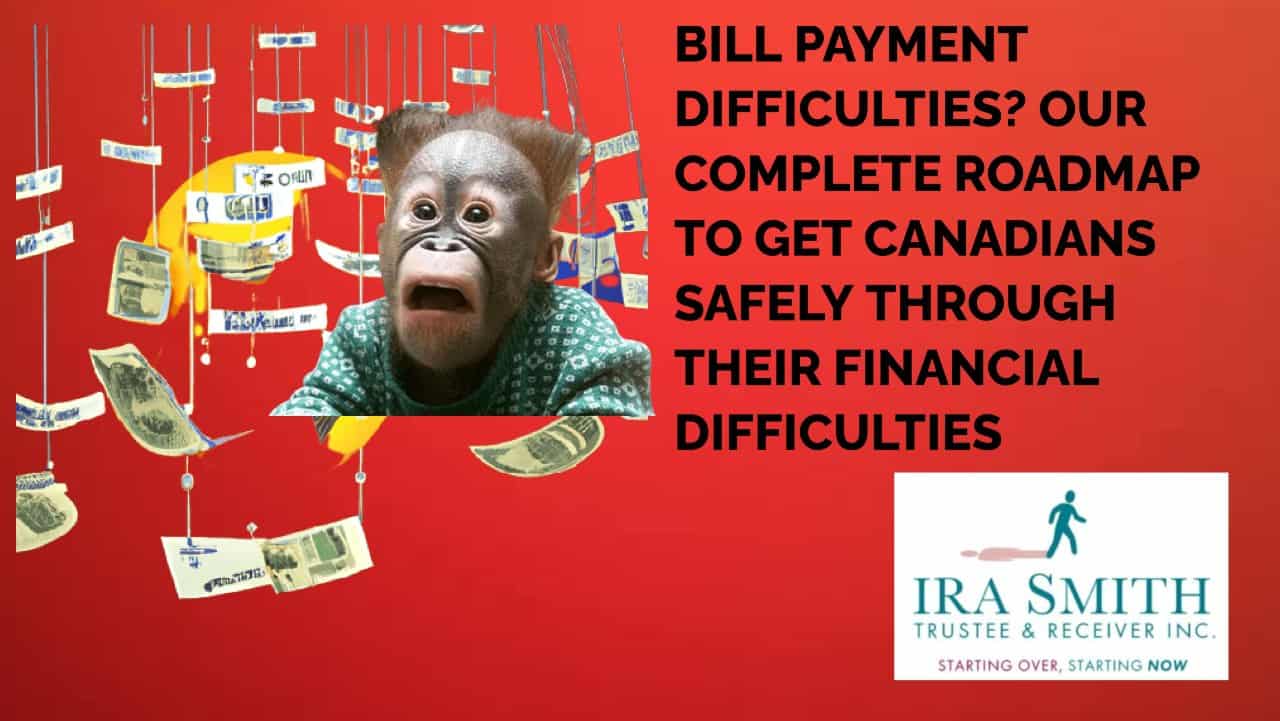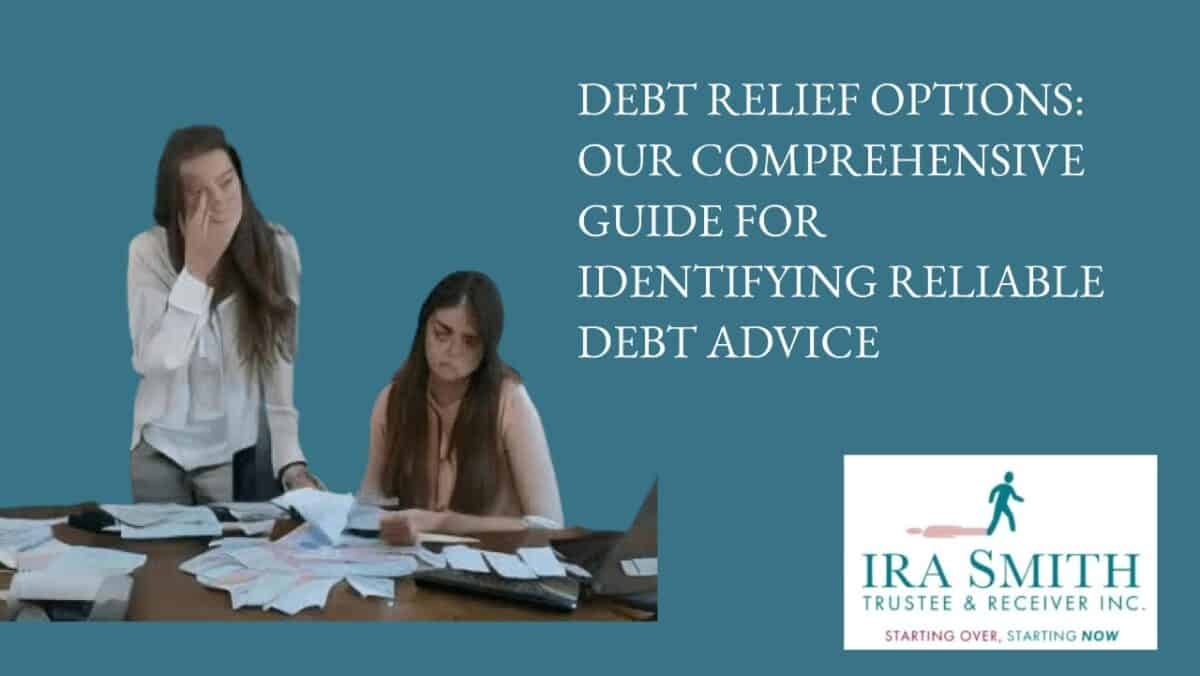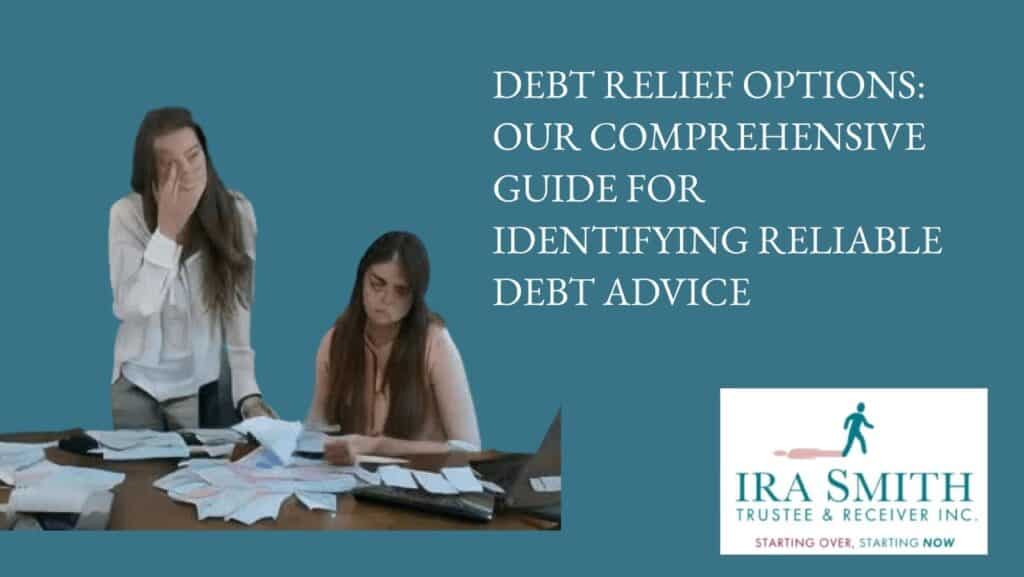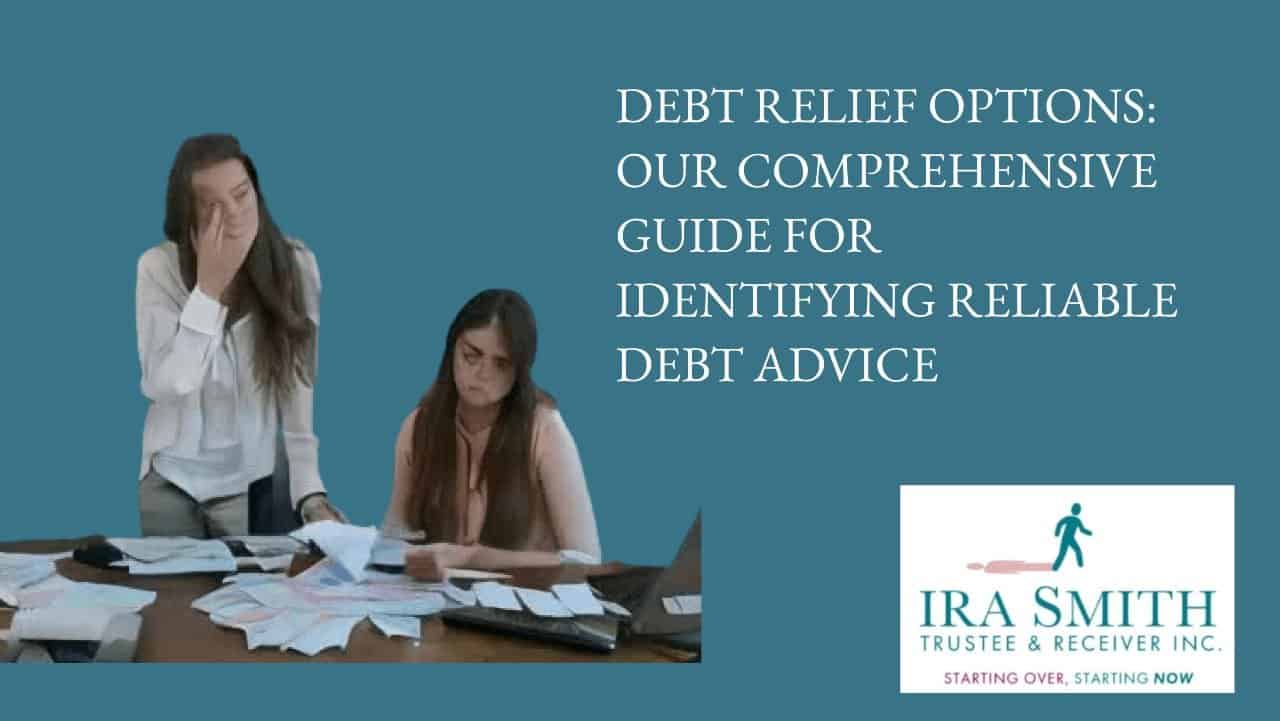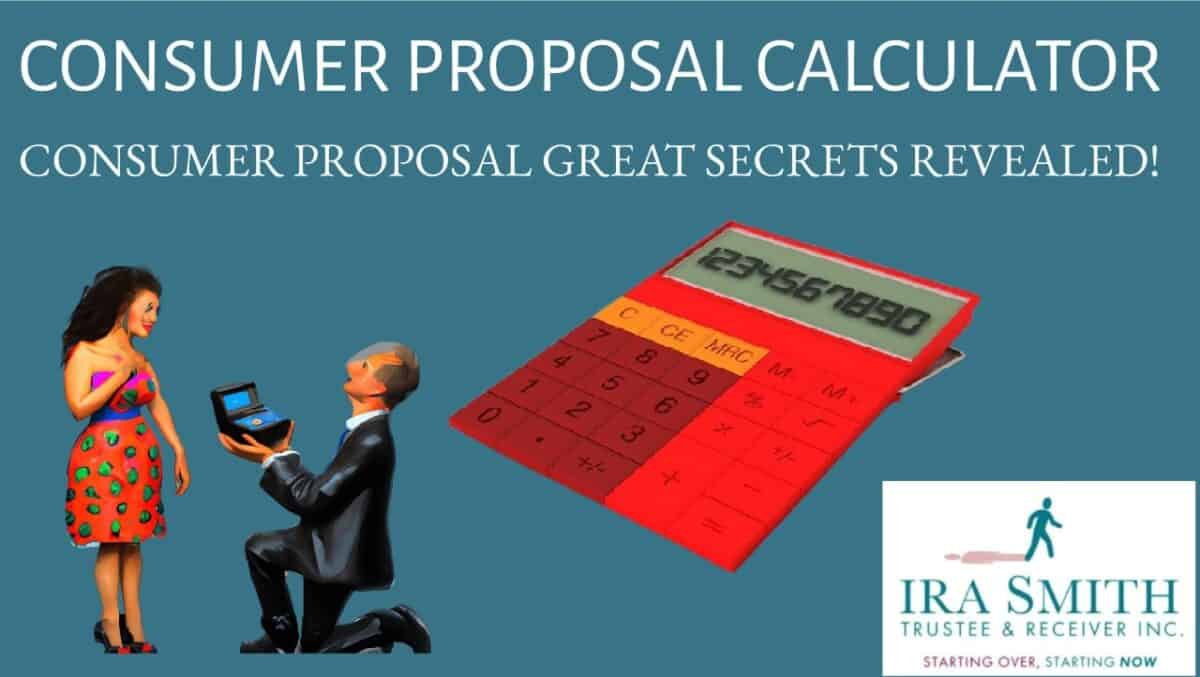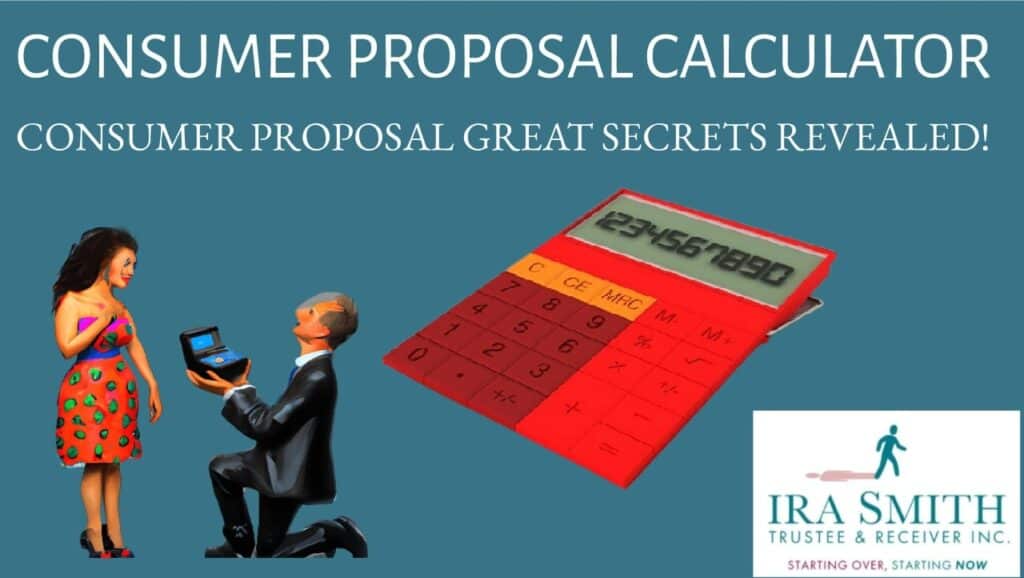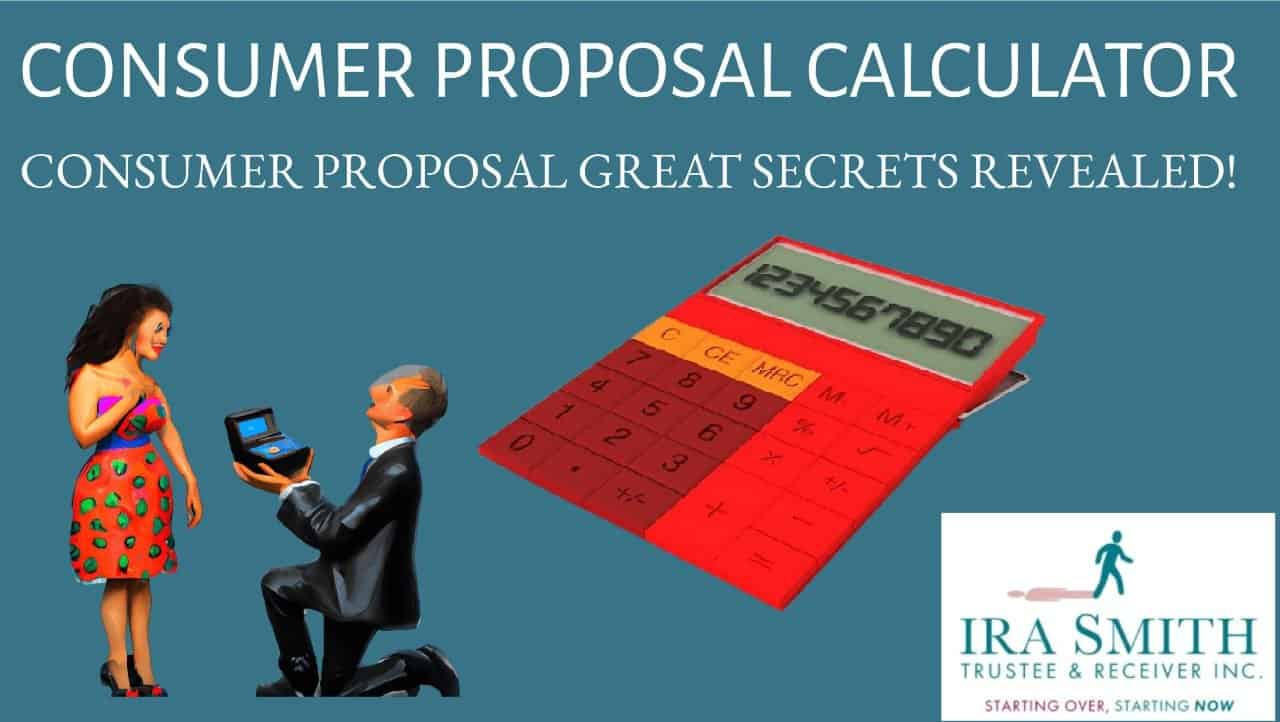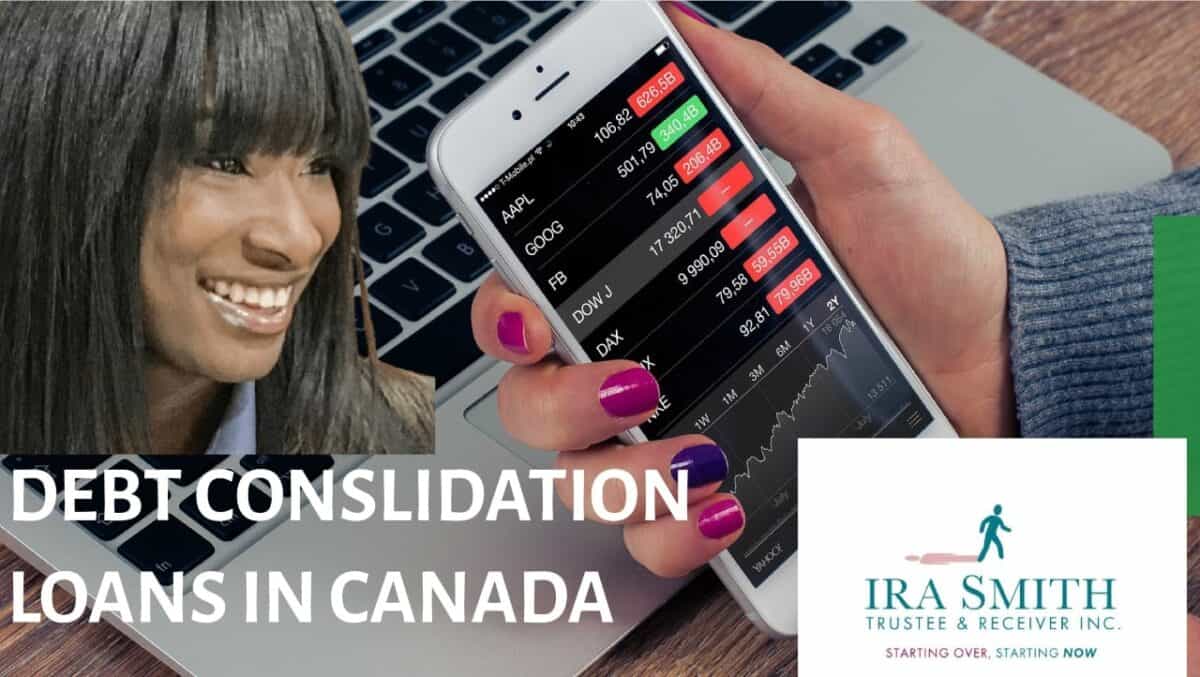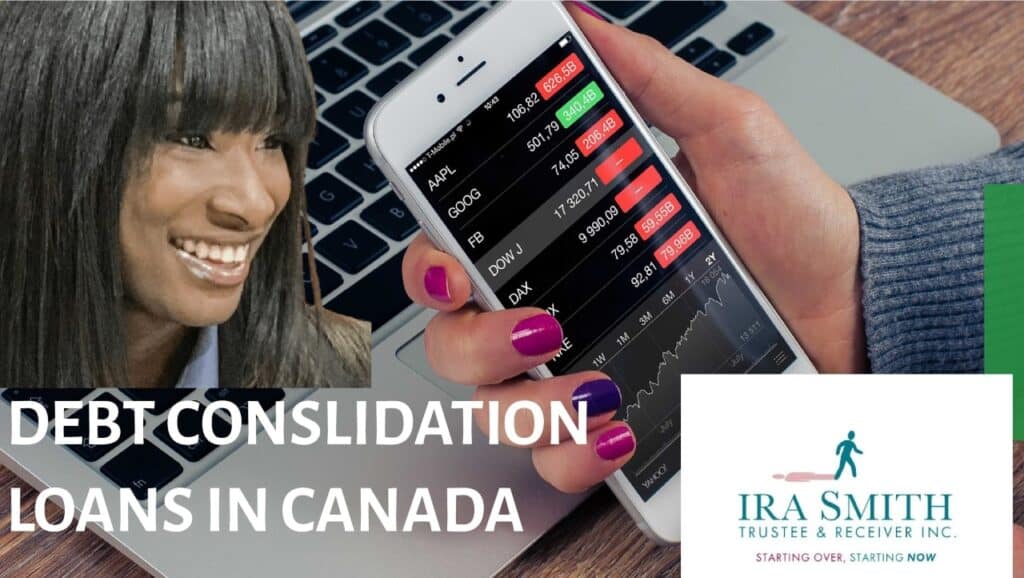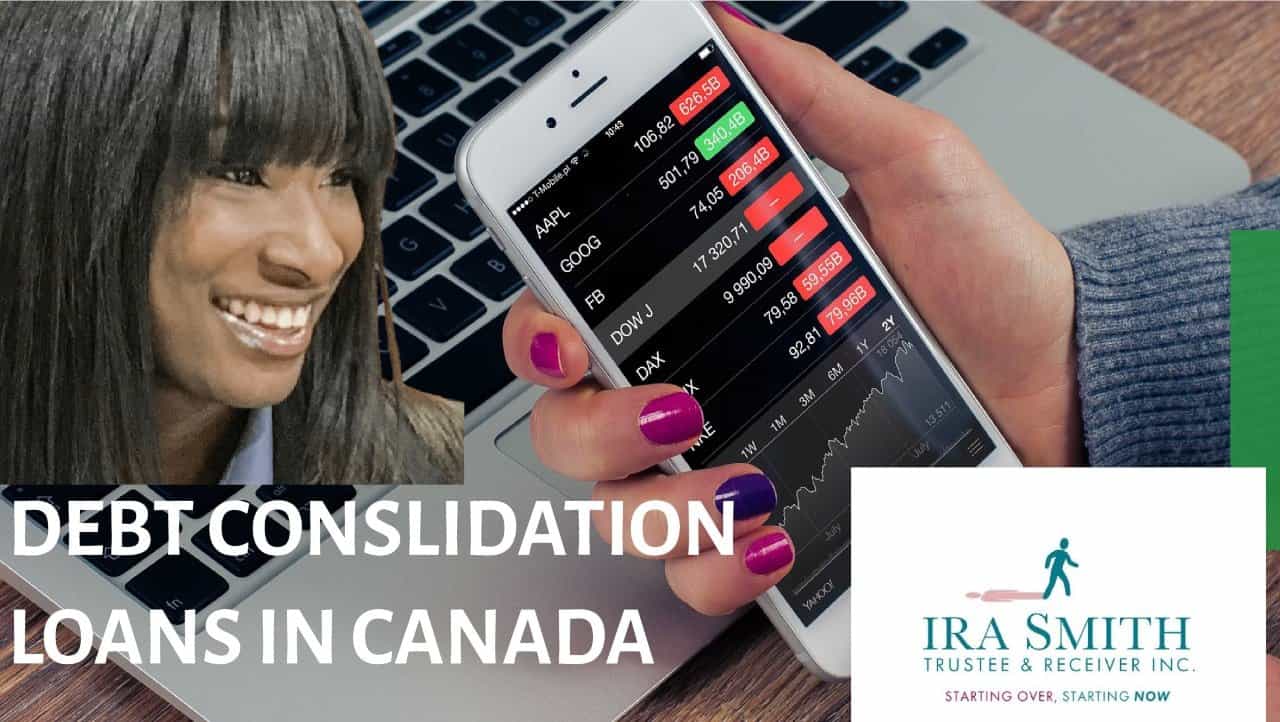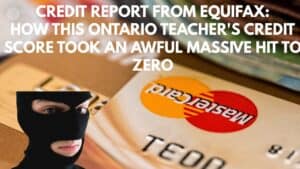Consumer Proposal Means Financial Recovery: Introduction
Have you ever felt like you were at rock bottom financially? I never forget that when our clients encountered their financial crisis it felt like climbing Everest without oxygen. They learn how bankruptcy and consumer proposals can severely impact their credit score in those moments. Many individuals have successfully rebuilt credit through patience, education, and support systems. A bankruptcy or consumer proposal means that with a focus on collaboration and a determined mindset, achieving a 100-point increase in your credit score in a year is an attainable goal!
Today, I want to share my insights and experiences on surviving that situation and how you can thrive because the debt relief solution of a consumer proposal means that you need to rebuild your credit after such a challenge. From understanding your current credit situation to establishing solid financial habits, I’ll guide you through every step. Discover how tools like secured credit cards and credit-builder loans can make a difference, and learn the importance of monitoring your progress.,
Consumer Proposal Means Financial Recovery: What is a Consumer Proposal?
A consumer proposal is a flexible approach to debt repayment. In a consumer proposal, the licensed insolvency trustee acting as the consumer proposal administrator, assists the debtor in their financial restructuring by negotiating with creditors to repay a portion of their unmanageable debt over an extended period.
Although only a portion of the total unsecured debts are being repaid (as a rule of thumb, say 25%), once all payments are successfully made and the debtor attends the two mandatory financial counselling sessions, they receive their Certificate of Full Completion. Once that certificate is issued, their entire debt is discharged.
In a consumer proposal, unlike bankruptcy, the debtor does not hand over their non-exempt assets. Like in bankruptcy, the debts eligible for inclusion in a consumer proposal include credit card debt, unsecured personal loans, and tax debt. Proposals must be filed through a licensed insolvency trustee and are legally binding once accepted by the creditors.
Our clients who have successfully navigated the path to credit recovery from being an insolvent person can inspire confidence and determination in others for their insolvent person journey. If they can do it, why can’t you? Remember, taking that first step is what truly matters.
A consumer proposal means you are taking the first step in solving your debt problems. After you have completed making all of the consumer proposal payments, attended the two financial counselling sessions and received your Certificate of Full Performance, comes the next step.
That next step is rebuilding your credit. It’s crucial to be patient, educate yourself on credit management, and seek support when needed. The road to recovery might look daunting, but it’s filled with hope and opportunities for growth.
Many individuals have successfully rebuilt credit through patience, education, and support systems. With a focus on collaboration and a determined mindset, achieving a 100-point increase in your credit score in a year is an attainable goal! Filing a consumer proposal means that you have spoken with one or more licensed insolvency trustees, retained the insolvency trustee of your choosing, and made full disclosure to the insolvency trustee to, do the filing. That is the first step on your path to financial recovery.
In this Brandon’s Blog, I discuss not only what a consumer proposal means and the process, but also provide tried and true tips on rebuilding while you are completing and after you have completed your consumer proposal.
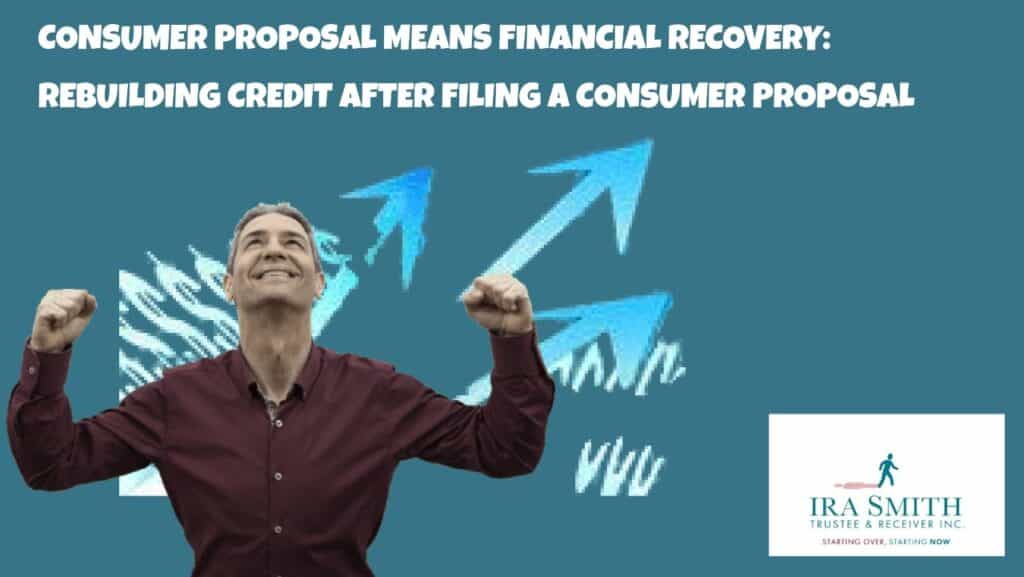
Key Features of What a Consumer Proposal Means
Eligibility requirements
Every Canadian can qualify for a consumer proposal as long as they are insolvent and their total debt is at least $1,000 and not more than $250,000 (not including any mortgage against their principal residence).
Types of debts included
A consumer proposal means that you can eliminate pretty well most kinds of unsecured debts, including income tax debt, with a few exceptions. The kinds of debt that cannot be eliminated through a consumer proposal are:
Secured debt: Debts owing to your secured creditors that are secured by an asset, such as a mortgage on your house or a vehicle loan.
Child support or alimony: Payments to a spouse or former spouse for child support.
Alimony: Debt owed to a spouse or former spouse for alimony or spousal support.
Student loan debt: Most Federal student loans.
Court-ordered debt:
- Any fine, penalty, restitution order or other order similar in nature to a fine, penalty or restitution order, imposed by a court in respect of an offence, or any debt arising out of a recognizance or bail or a court-ordered payment plan
- .Any award of damages by a court in civil proceedings in respect of:
- (i) bodily harm intentionally inflicted, or sexual assault, or
- (ii) wrongful death resulting therefrom
- Debt or liability arising out of fraud, embezzlement, misappropriation or defalcation while acting in a fiduciary capacity.
- A debt or liability resulting from obtaining property or services by false pretences or fraudulent misrepresentation, other than a debt or liability that arises from an equity claim.
Duration of repayment period
The duration of the repayment period for a consumer proposal means the length of time you have to make your monthly payments to your creditors under the terms of the proposal. This period of time cannot exceed 5 years (60 months).
A Consumer Proposal Process Means There Are Both Advantages (Pros) and Disadvantages (Cons)
The first step in considering what a consumer proposal means for you and if it is the right choice for your situation is to have a consultation with a licensed insolvency trustee. The licensed insolvency trustee will explain the entire process to you about filing the proposal, the proposal terms you will need to include, the role of the unsecured creditors voting and the approval and implementation process.
In this blog post, I won’t go through the nitty-gritty of the steps in the legal process of a consumer proposal. If you would like to read up on that, see my April 15, 2024 blog post “BANKRUPTCY OR CONSUMER PROPOSAL?: A LAWYER AND ACCOUNTANT’S COMPREHENSIVE GUIDE TO MASTERING INSOLVENCY LAW“.
Advantages (Pros) of a Consumer Proposal
There are three main advantages to a consumer proposal. They are:
- Asset protection: In a consumer proposal,, unlike in a bankruptcy, you get to keep your assets. In this way, your assets are protected against loss.
- Lower monthly payments: In a consumer proposal, as you are only repaying a portion of your total debt, you will enjoy lower monthly payments. Once you fully complete your consumer proposal, all of your unsecured debts are eliminated (other than for the exceptions listed above).
- Legal protection from creditor harassment: Filing a consumer proposal means that you are given protection against your creditors from beginning or continuing any legal action against you. This includes protection against any creditors who may already have a judgment against you from continuing their collection action. This also means no more of those harassing collection calls.
Disadvantages (Cons) of a Consumer Proposal
There are also three main disadvantages to this debt relief solution. They are:
- Impact on your credit rating.
- Limitations on certain debts (already discussed above).
- Long-term financial implications
It is the impact on credit score and the long-term financial implications that I discuss in the balance of this Brandon’s Blog. However, I also provide you with financial and debt solutions to come back from the initial disadvantages stronger and better than before.

Consumer Proposal Means Understanding the Impact of Bankruptcy and Consumer Proposals on Your Credit
When you find yourself in financial distress, the thought of filing for bankruptcy or a consumer proposal can feel overwhelming. But how does this decision affect your credit? In this section, I’ll break down the initial effects on your credit score after filing and explain how your situation before filing plays a role. We’ll also debunk some common myths surrounding bankruptcy.
Initial Effects on Your Credit Score After Filing
Filing a consumer proposal means you can expect your credit score to drop. But how much? The answer depends on various factors. Let’s look at some of the initial impacts:
- Difficulty obtaining credit: After filing, lenders will see a significant risk in lending to you. You will probably be denied credit until you have completed the consumer proposal.
- Impact on your score: Credit scores typically range from 300 to 900. Filing can drop your score significantly, especially if you had a good score previously.
- Public record effects: A consumer proposal remains on your credit report and affects your credit rating for up to five years after completion. This can influence future borrowing and lender decisions.
To put it into perspective, credit score ranges are:
- 300 – 499 Poor
- 500 – 699 Fair to Good
- 700 – 749 Good
- 750 – 900 Excellent
How Your Situation Before Filing Plays a Role
Your credit score before filing for bankruptcy heavily influences the aftermath. If you had a high score of 700 or above, filing may significantly reduce it, but you still might remain in the fair to good range afterward. However, if your score was already poor, to begin with, filing might not change your situation much.
It’s important to reflect. Were you already struggling with debts? Did you miss payments often? These factors can worsen the impact of filing. Understanding this helps in preparing your financial future. I’ve often found people think all hope is lost with a bankruptcy label. But it’s not true!
Consider this: Filing can be a fresh start. If managed wisely, you can rebuild your score. But knowing where you stand is crucial – I suggest you check your score regularly. Tools found on sites like Credit Karma or Borrowell allow you to monitor your credit score as a soft inquiry so it does not affect your credit rating. They tap into a credit bureau like Equifax or TransUnion to make this easy for you. From your phone, you can monitor your credit score and credit reports.
Debunking Common Myths Surrounding What a Consumer Proposal Means
Stigma and Myths
The stigma around a consumer proposal or bankruptcy can lead to prevalent myths. Let’s clear some of them up:
- Myth: Bankruptcy or a consumer proposal means you’ll never get credit again. Reality: Mos people rebuild their credit scores after they are discharged.
- Myth: Bankruptcy or a consumer proposal means that all your debts vanish. Reality: Not all debts. See my list above.
- Myth: Bankruptcy or a consumer proposal means it is a sign of failure. Reality: Many successful people have filed. Often, it’s a strategic move.
“Bankruptcy is not the end; it’s a new beginning.”
Recognizing these facts can help you face the decision with a clearer mind. An insolvency process can feel like a heavy weight, but understanding how to navigate the aftermath is empowering.
The Importance of Understanding The Timeline
Understanding how long it takes for your credit to recover can help you set realistic expectations. Generally, it takes several years to improve your score substantially. During this time, maintaining healthy financial habits is vital.
Explore options such as secured credit cards, consistent bill payments, and monitoring your credit report. This proactive approach can yield significant benefits over time.
In conclusion – well, not really a conclusion since we’re just getting started – successfully recovering from a bankruptcy or consumer proposal means that you entered the process fully understanding all of its implications which a licensed insolvency trustee can advise you on. The journey to financial recovery starts with understanding your credit and taking actionable steps.

Consumer Proposal Means You Need To Take Practical Steps to Rebuild Your Credit Post-Bankruptcy or Consumer Proposal
Rebuilding credit might sound daunting, especially after going through personal bankruptcy or a consumer proposal. I get it. It feels overwhelming, yet it’s crucial for your financial future. The good news? You can take actionable steps to mend your creditworthiness. Let’s dive into some practical strategies that can help.
1. Sign Up for Credit Monitoring Services
First things first. One of the best actions you can take is to sign up for credit monitoring services like Credit Karma or Borrowell. Why? It’s simple. Regularly monitoring your credit helps you understand how your actions affect your score.
These services often provide a free credit report and insights into your credit history. You can track changes and ensure no fraudulent activity affects your credit. Plus, you’ll receive tips on improving your score. It’s like having a personal trainer for your credit!
2. Open a Secured Credit Card
Next, consider opening a secured credit card. This type of card requires a cash deposit, which acts as your credit limit. Essentially, you’re borrowing against your own money. It might feel strange, but it’s a powerful tool for rebuilding credit.
Manage it wisely! Use the card for small purchases and pay off the balance each month. This shows lenders that you can handle credit responsibly. Remember, 35% of your credit score is affected by payment history, so regular, on-time payments are crucial.
3. Establish Automatic Payments
We all have a lot going on in our lives. To avoid missing payments, set up automatic payments for bills and loans. This ensures you make your payments on time and helps maintain a positive payment history.
Plus, consider establishing a monthly budget. It’s not just about paying bills. A budget allows you to see where your money is going. When you stick to a budget, you create financial stability, making it easier to manage debts and expenses over time.
Why Monitor Your Credit Regularly?
Regularly monitoring your credit is not just about keeping an eye on your score. It’s about fostering financial habits that contribute to long-term stability. Think of your credit score as a reflection of your financial health. Just like a doctor checks your vitals, keeping tabs on your credit ensures you’re not heading into dangerous territory.
Here’s a sobering thought: Did you know that 30% of your credit score is affected by credit utilization? This refers to how much of your available credit you’re using. Keeping your utilization below 30% can significantly improve your score.
“Creditworthiness is about more than just the score; it’s about stability and responsibility.”
This statement encapsulates the essence of what rebuilding credit truly means. It’s not merely about achieving a high score; it’s about developing the habits that lead to financial stability. By signing up for credit monitoring services, using a secured credit card, and keeping your bills on autopilot, you’re paving the way to a financially stable future.
Remember, rebuilding your credit is a journey, not a sprint. Take each step seriously, and watch your financial situation transform over time.
A Consumer Proposal Means There Are Common Pitfalls in the Credit Rebuilding Process
The journey to rebuilding credit often feels daunting. I can tell you that recognizing common pitfalls is crucial for success. Whether you have just filed for bankruptcy or a consumer proposal, avoiding these mistakes can save you time, money, and frustration.
Ignoring Your Credit Report Post-Filing
It’s easy to think that filing for bankruptcy or a consumer proposal means that your problems are over. You might believe your credit will automatically improve. But, let me tell you: this is far from the truth.
- Many consumers take a hands-off approach after their insolvency proceedings.
- They assume, mistakenly, that their credit will fix itself over time.
However, doing nothing is risky. Doing nothing is as harmful as bad credit itself.
Until you check, you won’t know if there are errors on your report. Ignoring this aspect can lead to missed opportunities and continued low scores. Regular monitoring is essential. Besides, knowing what errors to look for can save you time and money in the long run.
Applying for Too Much Credit at Once
After bankruptcy or a consumer proposal, the temptation to apply for multiple lines of credit can be overwhelming. I get it. You want to rebuild fast! But lack of patience can lead to major setbacks.
- When you apply for several credit accounts at once, it signals to lenders that you are desperate for credit.
- This can negatively impact your credit score.
Think of it like trying to fill a glass with water. If you pour too quickly, it spills—making a mess instead of filling it up. Similarly, too many credit applications can create chaos in your credit report.
Not Keeping Track of Payments and Due Dates
Life gets busy; I understand that. Yet, not tracking payments can be disastrous for your credit score. If you’re missing due dates, interest rates can skyrocket, and penalties can add up quickly.
- Using apps or calendars to set reminders can help.
- Consistent, on-time payments are one of the biggest factors in rebuilding good credit.
Imagine trying to repair a car without regularly checking the engine. Without a consistent monitoring system in place for your bills, you might find yourself in the same situation – stalled when you could be moving forward.
Why Monitoring Your Credit Matters
The statistics on credit monitoring are alarming. Most consumers neglect regular checks of their credit reports. This neglect often leads to longer resolution processes for issues that could have been addressed sooner.
Keeping tabs on your credit can lead to faster resolutions of any issues that arise. It’s a proactive approach that can prevent minor problems from snowballing into major setbacks.

After A Consumer Proposal Means You Need Long-Term Strategies for Sustaining Good Credit
Managing your credit is not a sprint; it’s more like a marathon. Just like any long-distance race, you need a solid strategy to reach the finish line successfully. In this section, I’ll share essential tactics to help sustain and improve your credit over the long haul. Here’s what I believe are the core pillars for sound credit management.
Avoid Unnecessary Debt
Debt can be a double-edged sword. While some debt can help you build credit, unnecessary debt can easily trap you in a cycle of payments and stress. But how do you distinguish between necessary and unnecessary debt? Well, think about your needs versus wants.
- Necessity: This includes mortgage payments, student loans, or essential living expenses.
- Unnecessary: High-interest credit card balances for luxury items or impulsive spending.
Learning to distinguish these types of debt is critical. Have you ever found yourself reaching for your credit card for that new gadget? Sure, it’s tempting, but ask yourself: is it worth it? Maintaining good credit hinges upon making wise choices about how to use available credit.
Build an Emergency Savings Fund
Imagine you’re in a tight spot. An unplanned expense pops up—a car repair, for instance. Without savings, you might resort to using credit cards. This can be disastrous for your credit score. That’s why building an emergency fund is essential!
Here’s why:
- Buffer Against Debt: An emergency fund helps you avoid high-interest loans or credit card debts.
- Financial Stability: With a savings cushion, you can face unexpected costs without worrying about your credit utilization.
- Peace of Mind: Knowing you have money set aside creates confidence in your financial decisions.
How much should you save? Aim for at least three to six months’ worth of expenses. It may sound daunting, but every small step counts. Deposit a little each month, and you’ll find it adds up faster than you think.
Seek Professional Advice for Complex Situations
Sometimes we all need a little help. If you’re facing a complex financial situation, consider talking to a professional. They can guide you through financial planning and help you navigate tricky credit management issues.
- Licensed Not-For-Profit Credit Counsellors: These professionals can provide personalized advice and create plans tailored for you.
- Financial Planners: They’re skilled in long-term financial strategies to help you achieve your goals while maintaining good credit.
No shame in asking for help, right? Knowing when to seek professional input can save you time, money, and stress in the long run.
Accountability is Key
Long-term strategic planning is vital. It’s easy to lose sight of your financial goals without accountability. Consider creating a credit management plan. Write it down, and review it regularly. How is your score trending? Are you sticking to your budget? This ongoing check can keep you responsible.
Statistically, consumers who actively participate in managing their credit improve their scores significantly within just a few years after the insolvency process. This fact challenges the notion that bad credit is a life sentence. Stability in income and judicious credit usage are hallmarks of strong credit health.
Isn’t that a powerful reminder? Consistent, wise use of credit while maintaining a stable income is the true recipe for good credit health.
The Journey Doesn’t End
Once you’ve implemented these strategies, remember that the journey doesn’t end here. Continuously working on your financial habits is essential for lasting credit improvement. Adopt a mindset of growth, and be proactive. Before you know it, you’ll be on a solid path toward thriving credit health!
A Successful Consumer Proposal Means Inspirational Success Stories: Rebuilding Against the Odds
When it comes to rebuilding credit, many people feel overwhelmed and hopeless. However, there are countless stories of individuals who have risen from the ashes, proving that anyone can improve their financial situation with determination and the right support.
Lessons We Can Learn From Others
What can we learn from people we have helped through a consumer proposal who have successfully rebuilt their credit? Here are a few key takeaways:
- Patience is Key: Rebuilding credit takes time. Quick fixes are often temporary. Keeping a long-term perspective helps you stay motivated.
- Education Equals Empowerment: Understanding credit reports, scores, and the factors affecting them is essential. Many successful rebuilders became self-taught credit experts.
- Don’t Be Afraid to Ask for Help: Reaching out for support can be life-changing. Whether it’s financial advisors, credit counselling, or support groups, don’t hesitate to connect with experts.
The Importance of Support Systems
Having a support system during recovery is vital. Friends, family, and professionals provide encouragement and guidance. They help you remain accountable and often offer innovative strategies you might not think of on your own.
Imagine if you don’t seek financial advice when you are facing financial challenges. You would still feel trapped in your financial mess. Instead, proactive steps link you with a knowledgeable licensed insolvency trustee, allowing you to deal with your situation effectively. I believe that with the right help, anyone can bounce back from financial hardship.
We can all relate to needing support at some point in our lives. Having someone to lean on can make all the difference when you feel like giving up.
Staggering Data on Credit Recovery
Are you worried about whether rebuilding your credit is even possible? According to statistics, many successful rebuilders see a 100-point increase in their score within the first year. Isn’t that encouraging?
Consumer Proposal Means Financial Recovery: Conclusion
Hearing stories from individuals who have successfully conquered their outstanding debts and navigated the path to credit recovery can inspire confidence and determination in your journey. I have many that I can share with you. If they can do it, why can’t you? Remember, taking that first step is what truly matters.
I hope you enjoyed this collection agency lawsuit Brandon’s Blog. Do you or your company have too much debt? Are you or your company in need of financial restructuring due to distressed real estate or other reasons? The financial restructuring process is complex. The Ira Smith Team understands how to do a complex restructuring. However, more importantly, we understand the needs of the entrepreneur or someone with too much personal debt.
You are worried because you are facing significant financial challenges. It is not your fault that you are in this situation. You have been only shown the old ways that do not work anymore. The Ira Smith Team uses new modern ways to get you out of your debt troubles while avoiding the bankruptcy process. We can get you debt relief freedom using processes that are an alternative to bankruptcy.
The stress placed upon you is huge. We understand your pain points. We look at your entire situation and devise a strategy that is as unique as you and your problems; financial and emotional. The way we take the load off of your shoulders and devise a plan, we know that we can help you.
We know that people facing financial problems need a realistic lifeline. There is no “one solution fits all” approach with the Ira Smith Team.
That is why we can develop a restructuring process as unique as the financial problems and pain you are facing. If any of this sounds familiar to you and you are serious about finding a solution, contact the Ira Smith Trustee & Receiver Inc. team today.
Call us now for a free consultation. We will get you or your company back on the road to healthy stress-free operations and recover from the pain points in your life, Starting Over, Starting Now.
The information provided in this Brandon’s Blog is intended for educational purposes only. It is not intended to constitute legal, financial, or professional advice. Readers are encouraged to seek professional advice regarding their specific situations. The content of this Brandon’s Blog should not be relied upon as a substitute for professional guidance or consultation. The author, Ira Smith Trustee & Receiver Inc. as well as any contributors to this Brandon’s Blog, do not assume any liability for any loss or damage resulting from reliance on the information provided herein.
